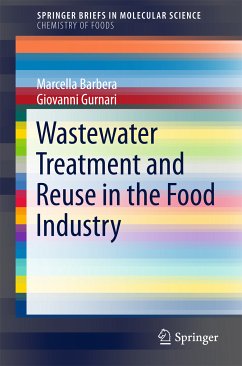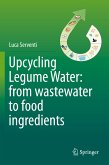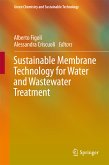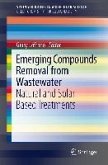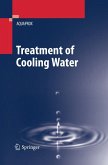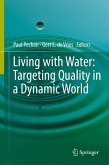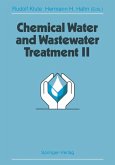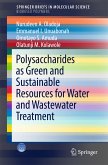Readers find in this Brief an introduction to different innovative treatment methodologies. The authors discuss key parameters (such as the water volume to be treated, types and chemical and physico-chemical characteristics of pollutants, but also the intended use of the recycled water) and present various methodologies, such as separation or concentration systems, centrifugation, evaporation, filtration, flotation, gravity separation, membrane techniques, aerobic and anaerobic biological treatments, as well as combined or hybrid systems. Selected specific methods are presented in detail, specifically a new adsorption method for the removal of metal ions.
Dieser Download kann aus rechtlichen Gründen nur mit Rechnungsadresse in A, B, BG, CY, CZ, D, DK, EW, E, FIN, F, GR, HR, H, IRL, I, LT, L, LR, M, NL, PL, P, R, S, SLO, SK ausgeliefert werden.

